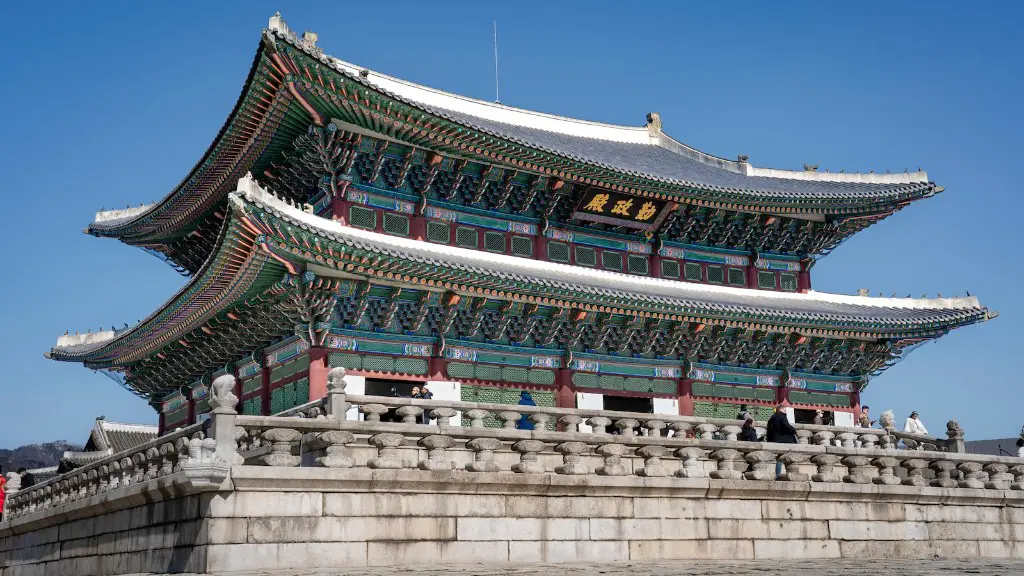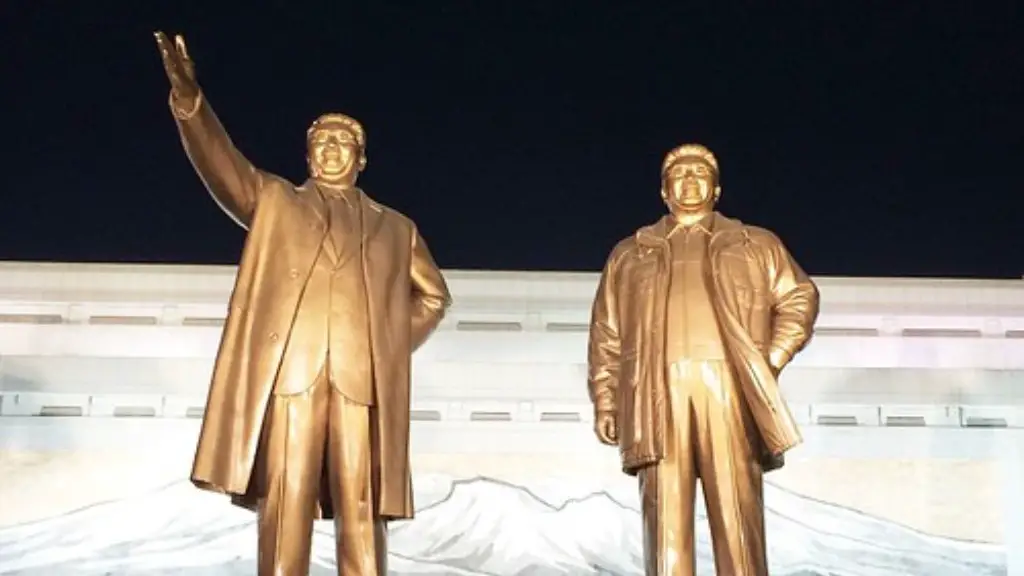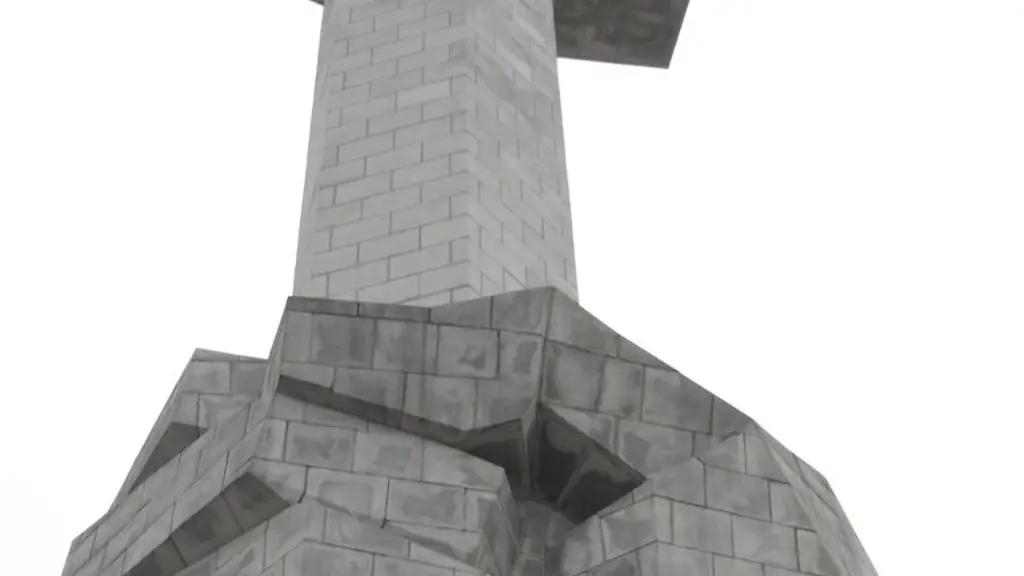Where Would North Korea Attack?
The rising tensions on the Korean peninsula between North Korea and the international community have led to speculation as to where Pyongyang might turn in the event of a military attack. North Korea has made intense threats to attack targets outside of the Korean peninsula, particularly in the wake of the United Nations Security Council’s passing of a resolution imposing new sanctions on Pyongyang. International observers have noted that much of these threats are nothing more than bluster, but some analysts feel that a North Korea attack somewhere in the world is a legitimate possibility.
North Korea’s Motivation
Among the main motivations for a North Korean military strike would be to distract from internal problems, such as widely reported food shortages and human rights violations which have been documented for years. Pyongyang also fears being isolated diplomatically and economically and therefore might consider an attack as a form of negotiation. North Korea would likely target United States and allied democracies such as Japan and South Korea in a preemptive attempt to gain diplomatic leverage and weaken their enemies.
In addition, North Korea may perceive regime change as a real threat given the US-UK-led military interventions in Iraq, Afghanistan, and Libya. North Korean leader, Kim Jong Un, has made several public statements expressing his dissatisfaction at the US’s military actions in the Middle East and may feel that an attack on United States or an allied nation would be appropriate retaliation.
It is highly unlikely that North Korea would manage to mount a successful conventional attack, given the overwhelming size and strength of their neighbours’ joint armed forces. Rumours have spread in the international community of a clandestine nuclear weapons program and this may suggest a nuclear attack is a more feasible option for Pyongyang.
Analysts Discussion Of Possibilities
Analysts are divided on the likelihood of a North Korean attack anywhere in the world, with some feeling that Pyongyang is too strategically limited to successfully mount an attack. Despite this, there is still a consensus among many analysts that North Korea is a distinct and dangerous threat to global security and should not be taken lightly.
Some analysts suggest that North Korea would attack a US or Taiwan-based naval vessel in an attempt at softening up US defences. Others suggest a cyber or even biological attack, given North Korea’s past experience and capabilities in this area. The US Department of Defense has warned US military forces in the Pacific Rim to be prepared for a North Korean attack, leading some analysts to speculate that a conflict could also erupt on US soil.
Analysts have also suggested that North Korea may attack an isolated target, in order to avoid provoking overwhelming retaliation. This could be anything from a small military base in a minor nation to a remote island. All of these possibilities have been outlined in various reports, though the actual specifics and likelihood of these scenarios are unknown.
The International Response
The international response to a North Korean attack would almost certainly be swift and overwhelming. The United States and its allies, including Japan and South Korea, would almost certainly mobilise against Pyongyang, and the UN Security Council would probably issue a resolution against the North Korean regime. North Korea’s biggest trading partner, China, would also likely take action, though Pyongyang may feel socially obliged to stay loyal to its communist ally.
The United States and its allies would likely form a joint task force in order to counter any North Korean attacks. The task force would almost certainly consist of air, ground and naval forces, with intelligence operatives and special operatives already on the ground to gather intel. The task force would also likely be reinforced by NATO forces, though this would depend on the nature of the attack and the target.
Assessment Of North Korea’s Capabilities
North Korea is believed to have a relatively sophisticated military arsenal, much of which is hidden from the rest of the world. The North Korean military is composed of five branches: The Ground Force, Naval Force, Air Force, Special Operations Force, and Strategic Force. The North Korean air force is especially noteworthy, as it consists of hundreds of fighter jets and at least 21 missile launchers.
The North Korean navy is also considered to be quite large and well-armed. North Korea is estimated to possess seven submarines, four destroyers, six frigates, and fifteen corvettes. The North Korean Ground Force consists of roughly five hundred thousand personnel and scores of tank divisions, making it one of the largest land forces in the world.
In addition to its conventional military forces, North Korea is suspected to possess a variety of nuclear capabilities. Intelligence agencies from western nations have estimated that Pyongyang possesses anywhere from ten to sixty nuclear bombs, although there is no concrete evidence for this. It is also believed that the North Koreans have the capability to build and launch intercontinental ballistic missiles.
North Korea’s Economy
North Korea is one of the poorest countries in the world, largely as a result of international sanctions and its refusal to open up to foreign investment or embrace international norms of trade and transparency. The majority of the North Korean economy is now centrally planned, meaning the government is responsible for resource allocation and has a large amount of control over production decisions. It is estimated that over two-thirds of North Korea’s GDP comes from exports, largely to China and Russia, and this has put the country in a precarious position given the recent imposition of sanctions.
In addition to its exports, North Korea also relies heavily on foreign aid, though this has been decreasing in recent years as world leaders have become increasingly less inclined to give money to the regime. This has created a dire economic situation for some North Koreans, as seen by the reports of massive food shortages, with some experts estimating that over a quarter of the population is living in extreme poverty.
Trends Of The North Korean People
Despite the poverty, there is evidence of some economic improvements in North Korea in recent years, with reports of an emerging middle class and a growing private sector. The government has even opened up some small-scale businesses to foreigners, in an attempt to attract some much-needed outside investment. The North Korean people are also increasingly connected to the outside world, with reports of growing access to international media, social media, and internet access.
The North Korean people are also becoming ever more aware of the world outside of their borders, which could lead to further unrest if the government does not meet their demands. There have also been a number of reports from refugees claiming that there is widespread discontent amongst the population, and that the government is becoming increasingly paranoid as a result.
International Involvement Of North Korea
In the past two decades, North Korea has become increasingly involved in international affairs. It has signed agreements with several countries, notably China, Russia and the United States, aimed at averting and resolving military conflicts in the region. Pyongyang also signed the ‘Non-Proliferation Treaty’, opening it up to international inspections and inspection teams.
In addition, North Korea is one of the few countries in the world with an established ‘Nuclear Deterrence’ strategy, that is aimed at preventing nuclear attacks from any nation. This policy has been incorporated in the Geneva-based ‘Non-Proliferation Treaty’ and its aim is to rapidly and effectively repel nuclear attacks.
North Korea has also sought to improve diplomatic relations with other nations in the region, such as South Korea and Japan. For example, in 2018 Pyongyang sent its high-level delegation to the Winter Olympics in Pyeongchang, South Korea. This diplomatic delegation was seen as an attempt on Pyongyang’s part to improve relations with its neighbours, although there has been no substantial follow-up in the relationship between North and South Korea since.
Military Strategies And Posturing
North Korea has carried out several large-scale military exercises in recent years, in an attempt to show its military strength and to demonstrate resolve in the face of international pressure. These exercises often involve the mobilization of thousands of troops, as well as the firing of both ballistic and conventional missiles. North Korea has also conducted several high-profile missile tests in recent years, including the launching of long-range missiles over the Sea of Japan.
North Korea has also conducted various other military posturing activities, such as sending its bombers to perform flyovers of US military bases, and launching a series of cyber-attacks against foreign governments. These activities have all been seen as a show of strength from Pyongyang, but many analysts feel that the North Korean regime lacks the capability to launch significant attacks against major powers or allied nations.
Finding A Solution To The North Korean Threat
Finding a lasting solution to the North Korean threat is a difficult and complex undertaking, as it requires addressing the underlying issues of poverty and human rights violations that plague the country. Despite these difficulties, international negotiations have continued on various fronts in recent years, including the ‘Six-Party Talks’ which have sought to bring about a lasting resolution to the North Korean nuclear issue.
The United Nations and other international organizations have issued various sanctions against North Korea, in an attempt to pressure Pyongyang into reconsidering its military posturing. These sanctions have had a notable impact on the North Korean economy, though the regime has continued to resist international calls for change.
A peaceful resolution is uncertain and a comprehensive resolution involving the entire international community will be required in order to address this ongoing conflict. Nevertheless, the international community can at least hope that its collective efforts will lead to a lasting and peaceful resolution that will benefit all parties involved.





